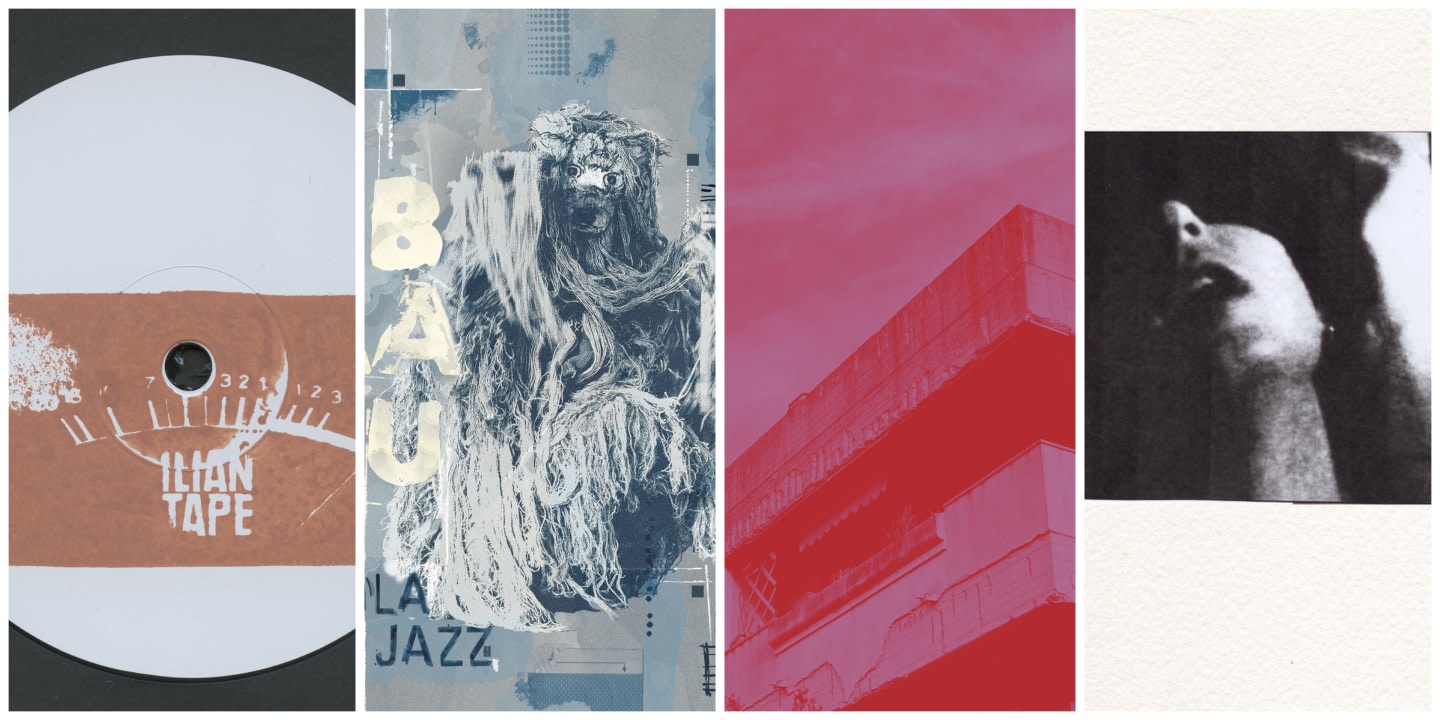Following his revelatory 2016 debut album Alien Cartoon and two Neo Dakar mixtapes in 2021 and ‘22, respectively, Joola Jazz is easily Ibaaku’s most fully realized, intertextual project to date. Blending touchstones of its semi-titular genre with stylings evolved from the traditional music of Ibaaku’s birthplace, Casamance — the southern strip of Senegal that encircles The Gambia — as well as the club and hip-hop sounds of the country’s capital, where he lives now.
Though the record’s foundations are deeply rooted in West Africa, Ibaaku’s seamless fusion of distinct styles suggests a free-flying production approach: soaring high to survey all the moving pieces from a bird’s eye view, then swooping down to ground level for a more granular look; seeing both the forest and each individual tree, and knowing when to emphasize one or the other. Opener “Bombolong” sounds like glitched-out, polyrhythmic dubstep, whereas the standout mid-album track “Jazz Griots” centers heavenly singing from Alibeta, resonant spoken-word poetry, and bright jazz keys, before hand-struck percussion, double bass and elastic electronics enter the mix. The core of “Btwinen” is the trio of Dioba’s heavily reverbed vocals, a tactile desert blues guitar, and hand drums, with auxiliary elements ebbing and flowing at an unhurried, confident pace. “Naboom,” on the other hand, features a rare groove sample chopped footwork style, then nearly subsumed by a squelching synthesizer and galloping drums. And “Ancestral Intelligence,” the album’s lead single and closer, is a drifting odyssey across a looped, second-long sample that’s alchemized into an eight-minute drone, ultimately functioning as a sort of pedal point for Ibaaku’s experiments in rhythm and texture. — Raphael Helfand
